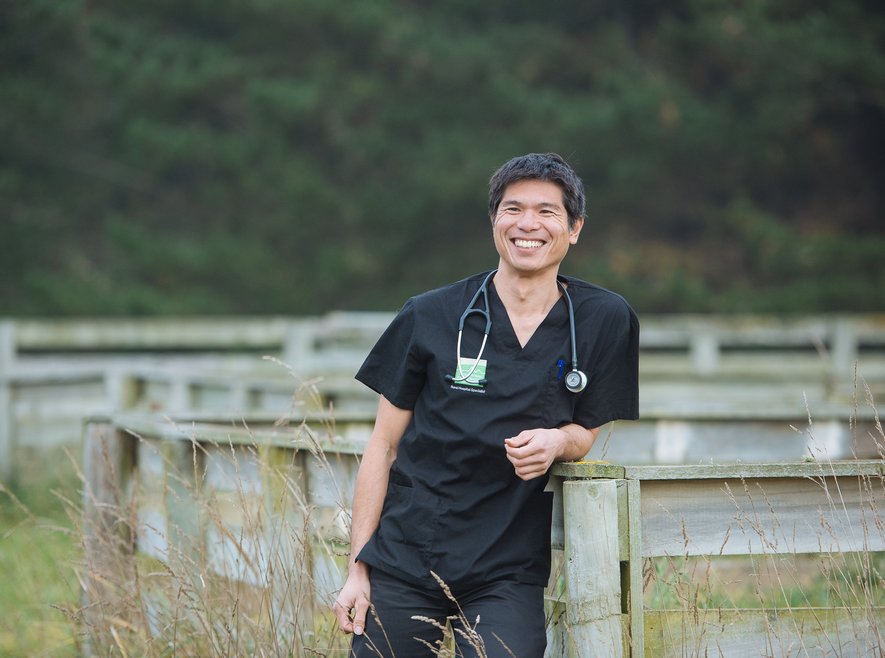Specialise in rural hospital medicine
As a rural hospital doctor, you will be a skilled all-rounder who must think on your feet, do a lot with a little, and understand the unique needs of your rural community.
Application update
The application period for new applications to the 2026 Rural Hospital Medicine Training Programme has now closed.
Late applications will be considered. Please email drhmnz@rnzcgp.org.nz for details of the process.
Rural Hospital Medicine Training Programme (RHMTP)
The Rural Hospital Medicine Training Programme (RHMTP) is the course of study that qualifies you to work as a rural hospital doctor and become a Fellow of the Division of Rural Hospital Medicine New Zealand (FDRHMNZ). It is a four-year full-time programme, but there are also part-time options available.
The Division of Rural Hospital Medicine (the Division) oversees the programme and its curriculum and is a semi-autonomous body within the College.
You can also do the RHM Training Programme in tandem with the General Practice Education Programme (GPEP) in a Dual Fellowship.

Rural hospital medicine is a good mixture of general practice and acute medicine.”
Support for registrars
The College supports every RHMTP registrar. During your training you will be guided by an assigned education facilitator who will be your mentor as you make your way through your mahi. You will also be assigned to a clinical lead who can provide pastoral care and help with any programme or clinical questions.
For each of your clinical attachments, you will work closely with a rotational supervisor, and there are also clinical leaders who support registrars across the motu.
Tautoko for Māori registrars
Tautoko is provided for Māori students studying rural hospital medicine and once they have graduated and become Fellows. The College’s specialist Māori staff work alongside registrars, and Māori registrars can also join and participate in Te Akoranga a Māui, the College’s special Māori representative group.
Registrars can opt in or opt out of these offerings at any time during their study.